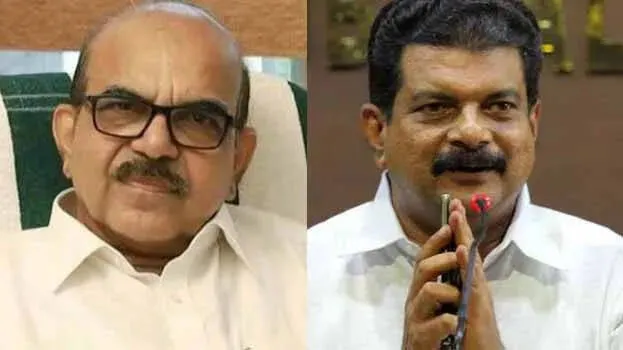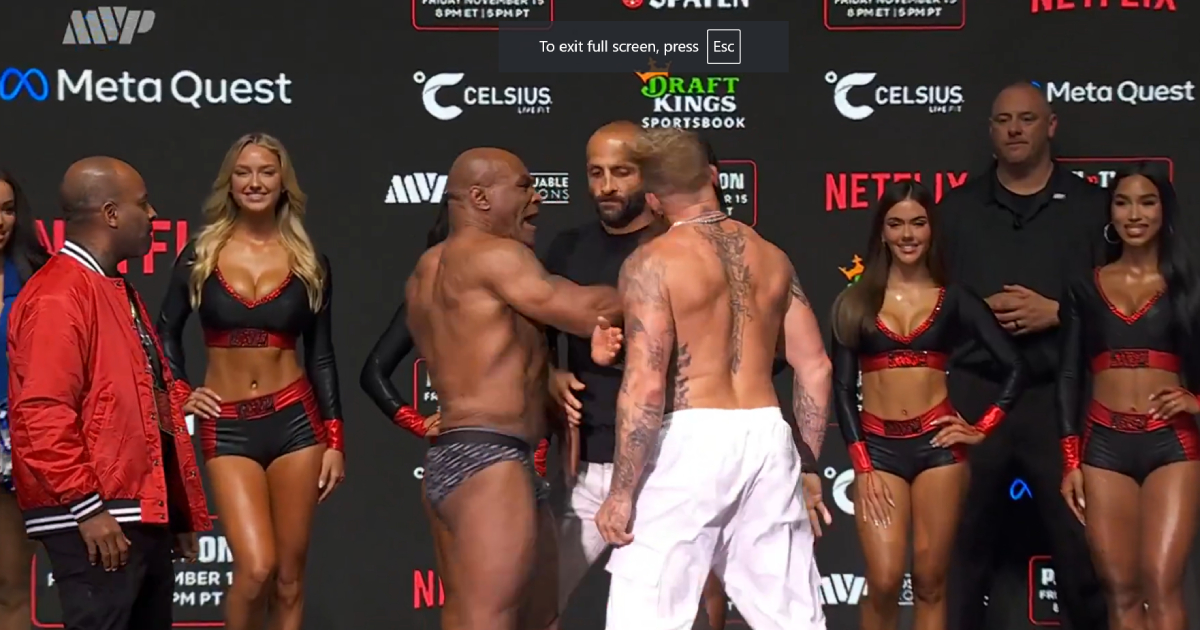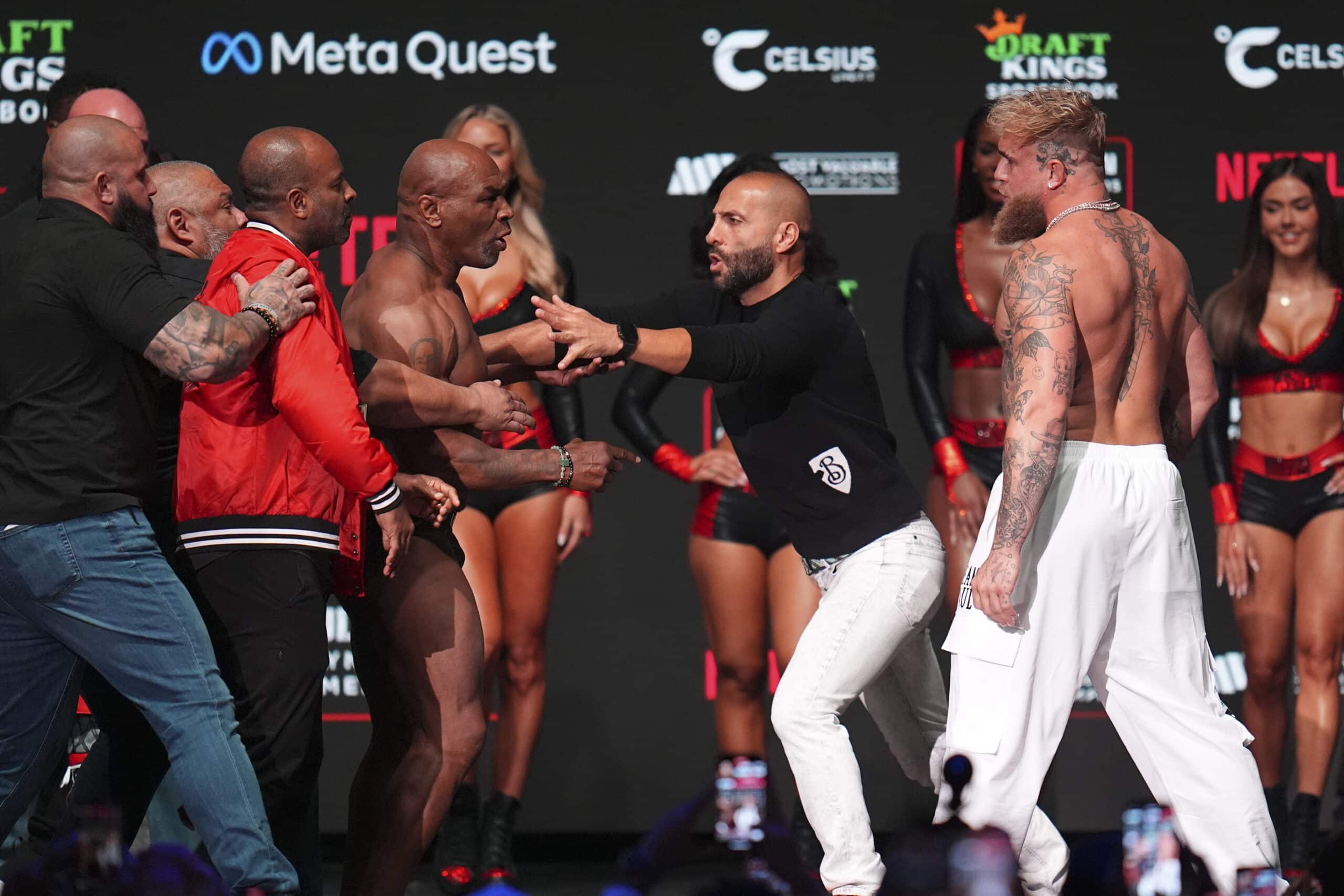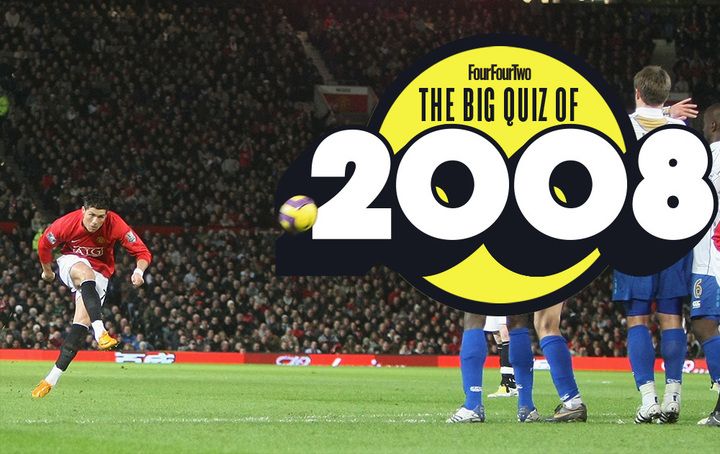Joining newspapers like and the , USA Today that it would not endorse a presidential candidate for the 2024 election. A spokesperson for USA Today told the that instead of an endorsement, the paper will provide “readers with the facts that matter and the trusted information they need to make informed decisions.” The Post’s publisher, Will Lewis, framed the decision as a return to the paper’s roots as an independent voice — though it had drafted an endorsement of Vice President Kamala Harris that was blocked by owner Jeff Bezos (a claim ).
The Post's humor writer, Alexandra Petri, ended up after the fact. Post editor at large and opinion columnist publicly resigned in response to the non-endorsement. As of Monday afternoon, over 200,000 readers cancelled their subscriptions, per .
At the L.A. Times, owner not to endorse, stating he was merely .
However, several board members openly this, asserting they had prepared an endorsement for Harris that was ultimately blocked by Soon-Shiong. The fallout was swift, with and readers declaring that they would cancel their subscriptions, prompting the union that represents many Times employees to urging them not to do so. The L.
A. Times had endorsed a presidential candidate each cycle since 2004, while the Post’s presidential endorsements date back to 1988. USA Today, which endorsed Joe Biden in 2020, has been making presidential endorsements since 1982.
The move by the papers to opt out of backing a candidate in the coming presidential election follows as organizations have become wary of alienating subscribers and deepening political divides. Here’s a closer look at the evolution of such endorsements and the debate over whether newspapers should continue to make them. Historically, newspaper endorsements — from presidential races to local elections — served as a guide, offering readers insight into candidates’ qualifications through the publication’s editorial lens.
In today’s polarized climate, however, endorsements have turned into a double-edged sword. Critics contend that they can amplify perceptions of , potentially alienating segments of a paper’s readership. As a result, many publications have opted out of endorsements entirely.
In 2022, for example, over 200 outlets owned by investment firm Alden Global Capital, including the Chicago Tribune and Denver Post, announced they would cease endorsing major political candidates, and the prevalence of “culture wars.” Similarly, the New York Times earlier this year that it would stop endorsing candidates in state races, although it would continue backing U.S.
presidential candidates. The Minnesota Star Tribune followed suit in August, choosing not to in 2024, pledging instead to offer robust analysis to help readers make informed decisions. The decisions by the Post and L.
A. Times not to endorse a presidential candidate led to multiple resignations. The timing of that choice — less than two weeks before the election — was particularly concerning for some editors.
Former Post executive editor Marty Baron described the move as ” L.A. Times editorials editor Mariel Garza wrote in her resignation letter, “People will justifiably wonder if each endorsement was a decision made by a group of journalists after extensive research and discussion, or through decree by the owner,” according to .
According to the , L.A. Times journalists Robert Greene and Karin Klein also stepped down in protest, with Greene sharing a statement with the Columbia Journalism Review explaining that the paper’s decision “hurt particularly because one of the candidates, Donald Trump, has demonstrated such hostility to principles that are central to journalism — respect for the truth and reverence for democracy.
” In a statement shared on , Klein stressed that Soon-Shiong “blocked our voice” when he decided to scrap the editorial team’s endorsement of Harris. On Saturday, Patrick Soon-Shiong's daughter, Nika Soon-Shiong, told the that her father’s decision not to endorse Harris was driven by Harris’s support for Israel’s military actions in Gaza. “Our family made the joint decision not to endorse a presidential candidate.
This was the first and only time I have been involved in the process,” she said. “As a citizen of a country openly financing genocide, and as a family that experienced South African apartheid, the endorsement was an opportunity to repudiate justifications for the widespread targeting of journalists and ongoing war on children.” Patrick Soon-Shiong, who purchased the Times in 2018 for $500 million, later refuted her comments, that his daughter "speaks in her own personal capacity.
" “She does not have any role at the L.A. Times, nor does she participate in any decision or discussion with the editorial board, as has been made clear many times,” he said.
The guild that represents many L.A. Times employees that readers have threatened to cancel their subscriptions, while with them not to abandon the publication that pays their salaries.
“Before you hit the ‘cancel’ button: That subscription underwrites the salaries of hundreds of journalists in our newsroom,” the statement said. “Our member-journalists work every day to keep readers informed during these tumultuous times. A healthy democracy is an informed democracy.
” Meanwhile, former Wyoming Rep. Liz Cheney, a Republican, and author Stephen King announced Over 200,00 other readers have followed suit. Some journalists argue that these non-endorsements prioritize the interests of — Jeff Bezos and Patrick Soon-Shiong — over their readers, suggesting they are motivated by a desire to avoid backlash from Donald Trump if he wins the presidency.
Kagan highlighted this perceived conflict of interest in an interview with . “This is obviously an effort by Jeff Bezos to curry favor with Donald Trump,” he said. “Trump has threatened to go after Bezos’s business.
Bezos runs one of the largest companies in America. They have tremendously intricate relations with the federal government. They depend on the federal government.
” As of Sunday, Oct. 27, Bezos has yet to respond to the outcry. While some papers have stepped back from endorsing candidates, others remain committed to the practice.
As of Sunday, the New York Times, the Boston Globe, the Seattle Times, the Las Vegas Sun and the New Yorker have endorsed Harris. Meanwhile, Trump has received backing from the New York Post, the Washington Times and the Las Vegas Review-Journal.
Sports
USA Today joins the Washington Post and L.A. Times in not endorsing a presidential candidate. Here’s a closer look at the controversy.
Former staff members view the non-endorsements as a dangerous compromise.













